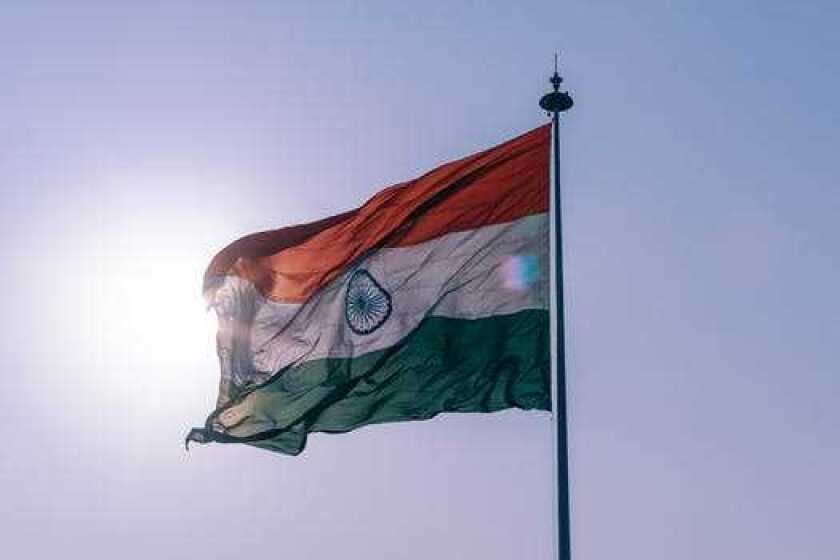The bill will replace the Indian Telegraph Act of 1885, the 1933 Indian Wireless Telegraphy act and the 1950 Telegraph Wire Act.
The bill grants Indian state or central government the right to suspend telecom services in cases of national emergency, and it also allows the government to prohibit the use of equipment from countries or individuals deemed as a threat to national security.
India has already clamped down on Chinese firms Huawei and ZTE, essentially excluding the equipment vendors from the nations 5G rollout that commenced last year.
Over the top (OTT) platforms and messaging apps could be excluded from the definition of telecommunication services if the bill is passed.
This will come as a blow to India’s largest mobile operators, Reliance Jio, Bharti Airtel and Vodafone Idea, who have slammed providers like Whatsapp, Netflix and Amazon for contributing to high bandwidth demands without stumping up for the network costs.
The OTT platforms on the other hand claim they are already regulated by the IT act and innovation would be inhibited if they were to also be subject to the telecommunications bill.
This didn’t stop the MNOs pressuring the government to include them in the definition, although it looks like the OTT Platforms will get their way.
The Bill grants the Indian government the right to administratively allocate spectrum for satellite communication providers in the L and S bands. It previously been mooted that this spectrum be auctioned.
SpaceX’s Starlink, Amazon’s Project Kuiper and Tata Communications’ Nelco have all rejected plans for auctioning the spectrum required for their low earth orbit satellite constellations.
Last month, India’s space regulator granted its first satellite broadband licence to Eutelsat One Web.
Right of Way rules were also reinforced, and penalties are to be imposed on interference with critical telecommunication infrastructure.
India’s telecoms regulator, the TRAI, also had its powers kept in check. Earlier drafts of the regulation had received criticism for proposing that it was mandatory for the government to consult with the regulator on new technologies and spectrum bands.
The rules as to who could be appointed to the TRAI chair person position were altered. This person can now come from the industry, as long as the individual has 25 years of boardroom experience.






